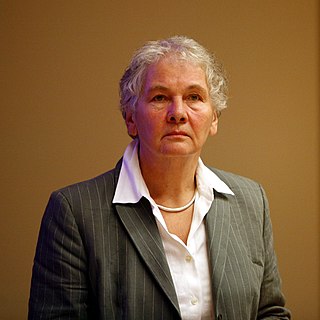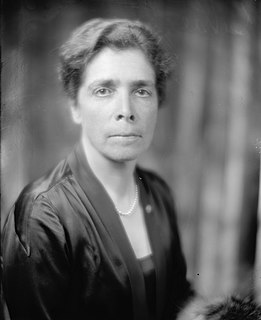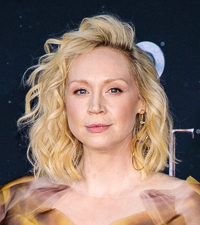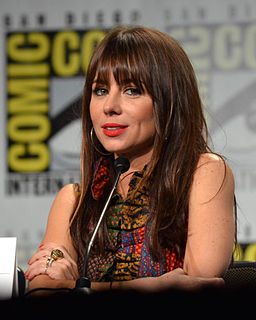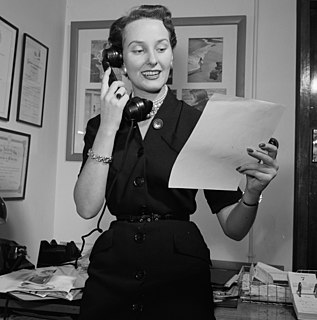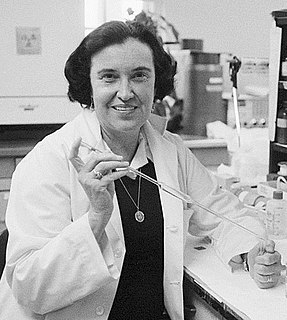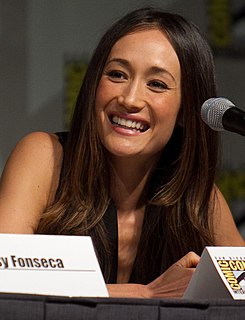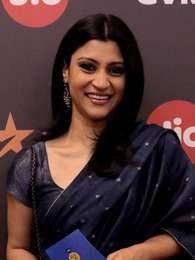A Quote by Christiane Nusslein-Volhard
Successful women are not liked. I think the biggest danger for women in science is colleagues who are not as good as you are.
Related Quotes
I think that the word 'ambitious' is still used in a derogatory way when it comes to women, in a way that it's not when it comes to men. It's a generalisation because not everyone is like this, but I think there's almost a love-hate relationship going on with successful women, where you can be a little bit successful and you'll be celebrated, but don't become too successful because that seems to bring out the hate in some cases. Take one glance at social media and you can see that successful women don't seem to be treated with the same respect as successful men.
Women, you have all this power, I'm telling you. In business, you have something called an inferred fiduciary duty to yourself. Look at the other hugely successful women in industry, commerce, science and everywhere else and you'll see women who are feminine, beautiful but also do not rely on men for their self-empowerment.
There was danger at times that women might not be judged by the highest standards, but more leniently because of their sex. "She is a remarkably good chemist--for a woman," you might hear a man say. It seemed to me essential, if the ablest young women scholars were to achieve the best work of which they were capable, that they should be held to the most rigorous standards. ...To advance, a woman must do at least as good work as her male colleagues, usually better.
I'm very much for helping create women who are going to be successful women. I don't like women who imitate men, who want to emasculate men. I think women should be feminine. That does not mean a 'air-brain' or someone who is not strong. I think real strength is strength of character, not the ability to push everyone around.
I don't think you can be successful in television without appealing to women. I don't think it's possible. I think that men like women. It doesn't really matter what they do - they love anything. But women don't necessarily like every woman, so I think that's a challenge to get the female audience to not only relate to you but also like you.
We can reorient science - for example, a kind of medicine much more directed toward the enormous number of women's health problems which are neglected now. But the original givens of this science are the same for men and for women. Women simply have to steal the instrument; they don't have to break it, or try, a priori, to make of it something totally different. Steal it and use it for their own good.
Marjan. I have told him tales of good women and bad women, strong women and weak women, shy women and bold women, clever women and stupid women, honest women and women who betray. I'm hoping that, by living inside their skins while he hears their stories, he'll understand over time that women are not all this way or that way. I'm hoping he'll look at women as he does at men-that you must judge each of us on her own merits, and not condemn us or exalt us only because we belong to a particular sex.
